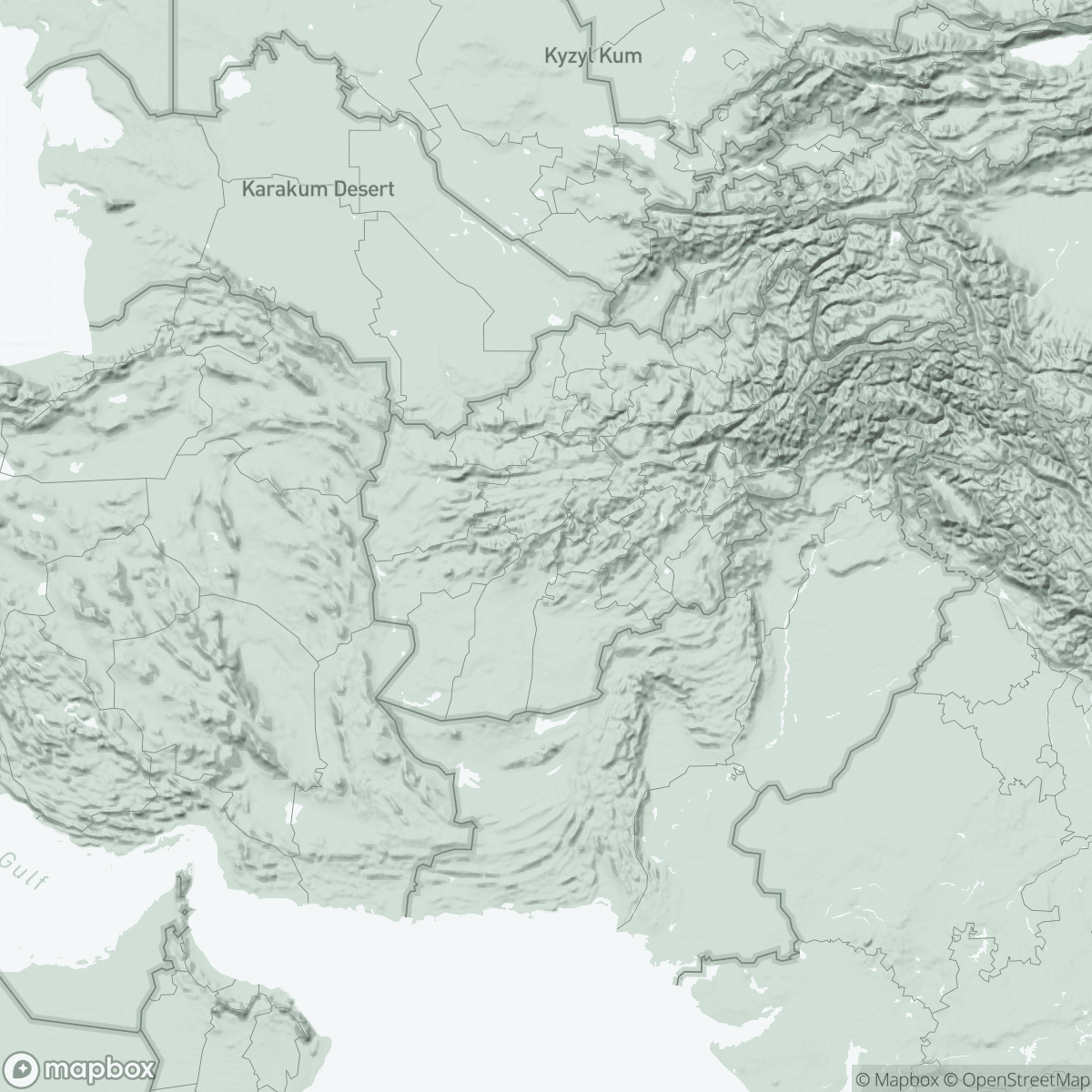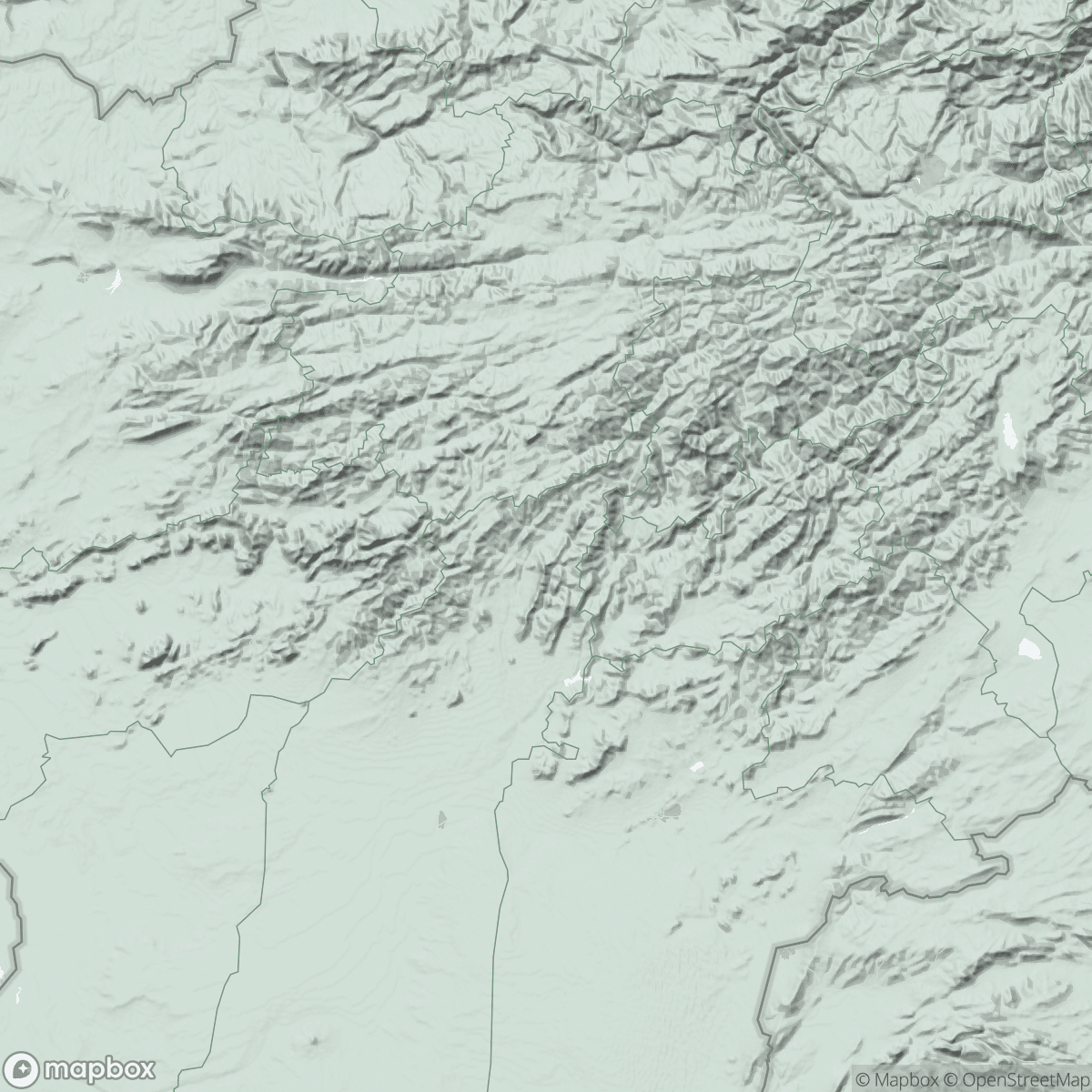
Afghanistan
Earthquake in Afghanistan: MSF's response
Last update: September 2, 2025
Following the devastating earthquake that struck eastern Afghanistan on August 31, 2025, a team from Médecins Sans Frontières (MSF) visited Nangarhar and Laghman provinces on September 2 to conduct an assessment and provide emergency support. As of that date, more than 1,400 people have lost their lives and more than 3,000 have been injured, according to local authorities.
According to local sources, many people are still under the rubble, and the destruction of infrastructure has had a major impact on living conditions and access to drinking water, leading to an increased risk of communicable diseases.
MSF is currently evaluating how best to contribute to the medical response.
In 2024, Médecins Sans Frontières (MSF) continued to support Afghanistan’s over-burdened and underresourced healthcare system, with a particular focus on mother and child health, through eight projects in eight provinces.
Our activities in 2024 —
emergency room admissions
outpatient consultations
patients admitted to hospital
births assisted, including 3,120 caesarean sections
people treated for measles
children admitted to inpatient feeding programmes
Throughout the year, our teams saw an overall increase in the number of people coming to our facilities for care.
Although the security situation in the country has stabilised and people can more safely travel to reach healthcare, public hospitals and health centres are experiencing severe shortages of medications and staff. In addition, there are high levels of poverty and unemployment, and increasingly restrictive social policies designed to remove women from public and professional life. As a result, many people struggle to obtain the treatment they need. The pressure on provincial and regional hospitals is intense. I

In 2024, MSF teams in Afghanistan reported very high bed occupancy rates, with two or even three patients sharing one bed in some facilities. Over the last three years, the number of patients treated by MSF has doubled.
Early in the year, we launched an emergency response to an unusually high seasonal measles peak in Balkh, Bamyan, Herat, and Helmand. In Herat, we expanded our isolation ward to admit more suspected cases. MSF also called on the government to increase access to vaccinations, for example by reducing the age for the first dose from nine to six months.
The situation for women continued to worsen in 2024. In August, the Islamic Emirate of Afghanistan (IEA), also known as the Taliban, published a new law containing 35 articles detailing wideranging behaviour and lifestyle restrictions, mainly affecting women. The law formalised many existing restrictions, and introduced new ones, such as forbidding women from speaking aloud in public.
Further reducing women’s access to education, a process which began in 2022, the IEA banned women from studying at medical institutes, including nursing and midwifery schools, in December. Fifty per cent of MSF’s medical staff in Afghanistan are women, but we face ongoing challenges in recruiting gynaecologists in our maternity projects. We are committed to continuing our advocacy efforts and engaging with IEA officials to increase women’s access to medical education, and education more broadly.
This year continued to see high numbers of Afghan returnees from Pakistan, Iran, Türkiye, and some European countries, and we conducted a series of needs assessments in some border areas.


